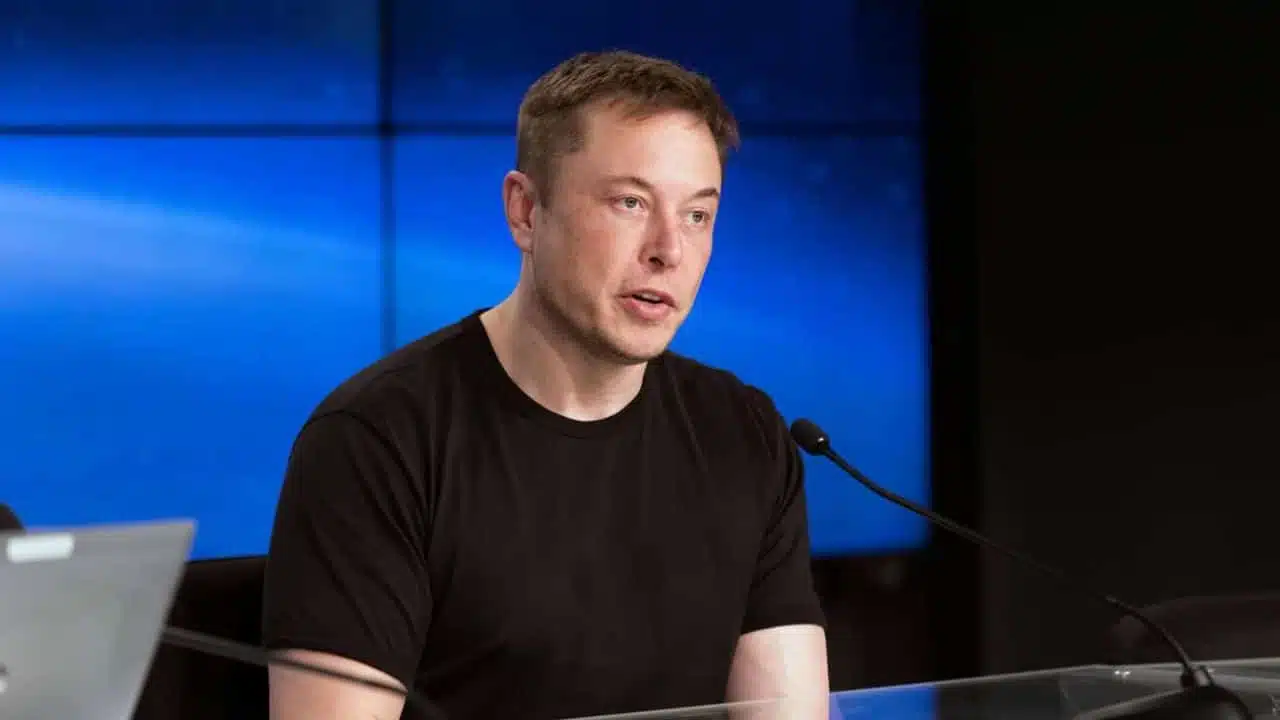Elon Musk’s transgender daughter, Vivian Jenna Wilson, has publicly disowned the tech billionaire, following his recent controversial comments about her transition. The dispute has brought to light various issues surrounding gender identity and family dynamics, drawing significant public attention.
Musk’s Controversial Comments
In a recent interview, Musk claimed that Wilson was “killed” by a “woke mind virus” and accused others of tricking him into signing documents for her gender-affirming care during the pandemic. He further referred to gender-reassignment surgery as “child mutilation and sterilisation,” sparking widespread backlash.
Vivian Jenna Wilson’s Response
Wilson took to Threads, a platform owned by Meta, to refute Musk’s claims. She asserted, “I disowned him, not the other way around,” and criticized Musk’s portrayal of her childhood, describing his statements as entirely fabricated. Wilson emphasized that Musk was largely absent during her upbringing and described her experiences of harassment related to her femininity and queerness.
Clearing Misconceptions
Wilson clarified her legal and social identity, stating, “I’m legally recognized as a woman in the state of California,” and dismissed Musk’s comments as desperate attempts for attention. She highlighted Musk’s misunderstanding of queer identities and experiences, calling out his rhetoric as harmful and misinformed.
Support from Family and Friends
The public dispute has drawn support for Wilson from various quarters, including her mother, Justine Wilson, and her former partner, Grimes. Justine Wilson, who divorced Musk in 2008, has stood by Vivian’s decisions and expressed pride in her identity. Grimes also voiced her support, highlighting the importance of respecting Vivian’s identity.
Musk’s Interview with Jordan Peterson
Earlier this month, Musk discussed his feelings about Wilson’s transition in an interview with conservative commentator Jordan Peterson. He expressed regret over what he described as the loss of his son, Xavier, due to the transition. Musk claimed that the term “deadnaming” signifies that “your son is dead,” a statement that further fueled the controversy.
Wilson’s Legal Transition
Vivian Jenna Wilson legally changed her name and gender at 18, stating her desire to distance herself from her biological father, Elon Musk. She emphasized that her decision was driven by her need for authenticity and self-acceptance, and not influenced by external pressures.
Public and Media Reactions
The public and media reactions to this family dispute have been mixed, with some supporting Wilson’s right to self-identity and others questioning Musk’s comments. The debate has sparked broader discussions about transgender rights, parental roles, and the impact of public figures’ statements on vulnerable communities.
The ongoing dispute between Elon Musk and his transgender daughter, Vivian Jenna Wilson, underscores the complexities of family dynamics and gender identity. While Wilson has publicly disowned her father, the broader conversation about acceptance, respect, and understanding within families continues to evolve. This incident serves as a reminder of the importance of supporting and validating the identities of all individuals, regardless of public opinion or familial relations.








































